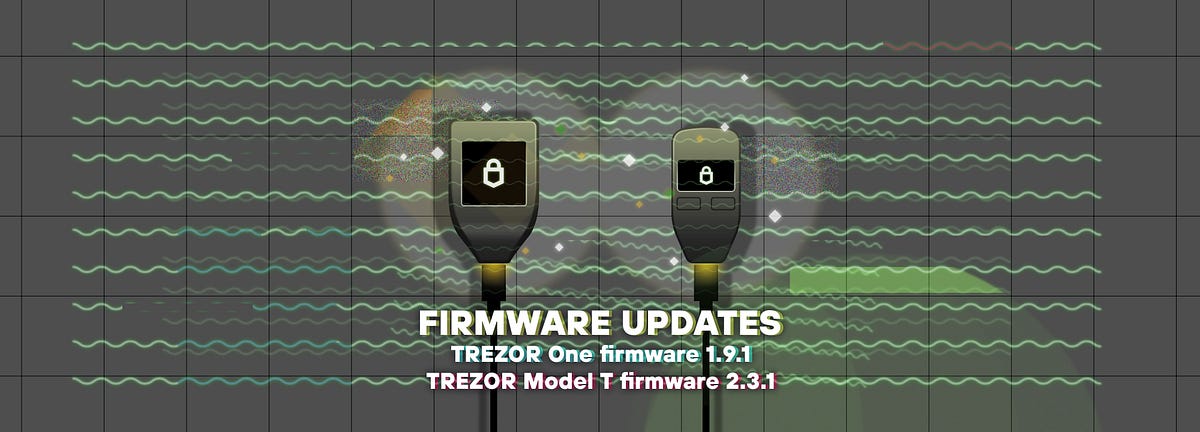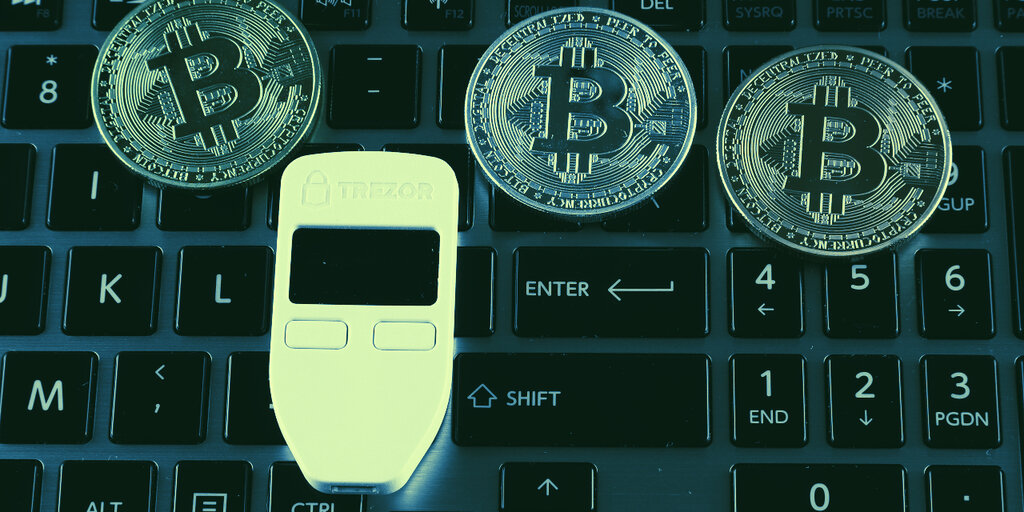Ethereum offered an interesting prospect and opportunity to build on while all of this was happening, but ultimately after years of research and development, Ethereum creates more problems than it solves. With an ever-changing protocol, it is near impossible for developers to keep up and actually build something stable for the world to use on a massive scale. A constantly changing base layer protocol does not offer the level of security an enterprise is looking for to roll out massive, fast transaction processing.
The current implementation of Ethereum faces similar problems BTC faces with regards to transaction processing, but albeit in a different manner. While Ethereum definitely processes transactions much faster and cheaper than Bitcoin Core (BTC), the transactions are executed serially instead of in parallel which in turn creates an escalation in gas prices. The end result requires increasing gas costs to essentially skip the line to get your transaction processed the fastest; or build additional layers of complexity on top of Ethereum. In order to create a fluid gaming experience and to ensure stability, security, and scalability we need microtransactions.
The key to being able to support microtransactions with millions of transactions per second (TPS) is low fees and instant, 0-confirmation processing. Imagine a scenario where I want to repair my armor in-game, but I am out of in-game currency; I could simply pay ⅕ of a cent out of my Bitcoin SV wallet to make the repair. Yet, I would never make this purchase if the transaction fee was 5 cents or even 1 cent, nor would I wait 3 minutes for the transaction to process. Blockchain should enable gamers, not inhibit them. We want that repair to be instant and fast.





